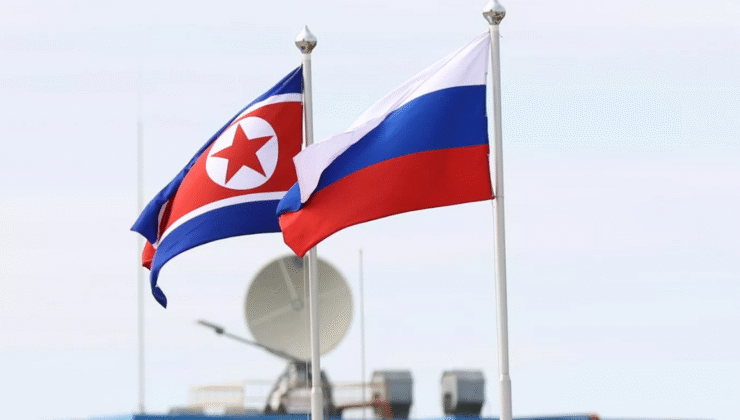Russia Plans to Strengthen Its Support to North Korea Amid Diplomatic Developments
In a recent high-level diplomatic visit, Russia’s Security Council Secretary, Sergey Shoygu, announced a significant initiative aimed at bolstering North Korea’s defenses and development efforts. Shoygu revealed plans to dispatch a substantial military and construction presence to assist North Korean leader Kim Jong-un in rebuilding the devastated Kursk region.
Specifically, Russia intends to send a 1,000-strong fortification unit focused on enhancing border security and fortifications, along with a 5,000-person construction and development team to support infrastructure rebuilding projects. This strategic move highlights Moscow’s intent to deepen its diplomatic and security ties with Pyongyang amidst evolving regional dynamics.
Details of the Diplomatic Visit and Discussions
During his working visit to Pyongyang, Shoygu engaged in extensive talks with North Korean officials, emphasizing the importance of security cooperation. Post-meeting, he shared insights with the press, underscoring the focus on security issues as a cornerstone of bilateral relations.
Shoygu also expressed optimism about resuming air travel connections that have been dormant for nearly three decades. “Further contacts will continue on many issues of mutual interest with the Korean side. The potential of bilateral relations is enormous,” he stated, indicating a possible thaw in long-standing diplomatic restrictions.
Implications and Future Prospects
This announcement signifies a strategic shift in Russia’s regional policy and its approach to North Korea. The deployment of military and construction units not only aims to assist North Korea’s internal rebuilding efforts but also signals a broader intent to strengthen alliances and regional stability.
This development is being closely watched by international observers, as it could influence the geopolitical landscape of Northeast Asia, potentially impacting existing alliances and security frameworks.
Additional Context
This article was created, translated, and reviewed with the support of artificial intelligence. For more information, please refer to our Terms and Conditions section.
 02:00
02:00




 News
News
 Dünya
Dünya
 Dünya
Dünya
 Dünya
Dünya
 Dünya
Dünya
 Dünya
Dünya




